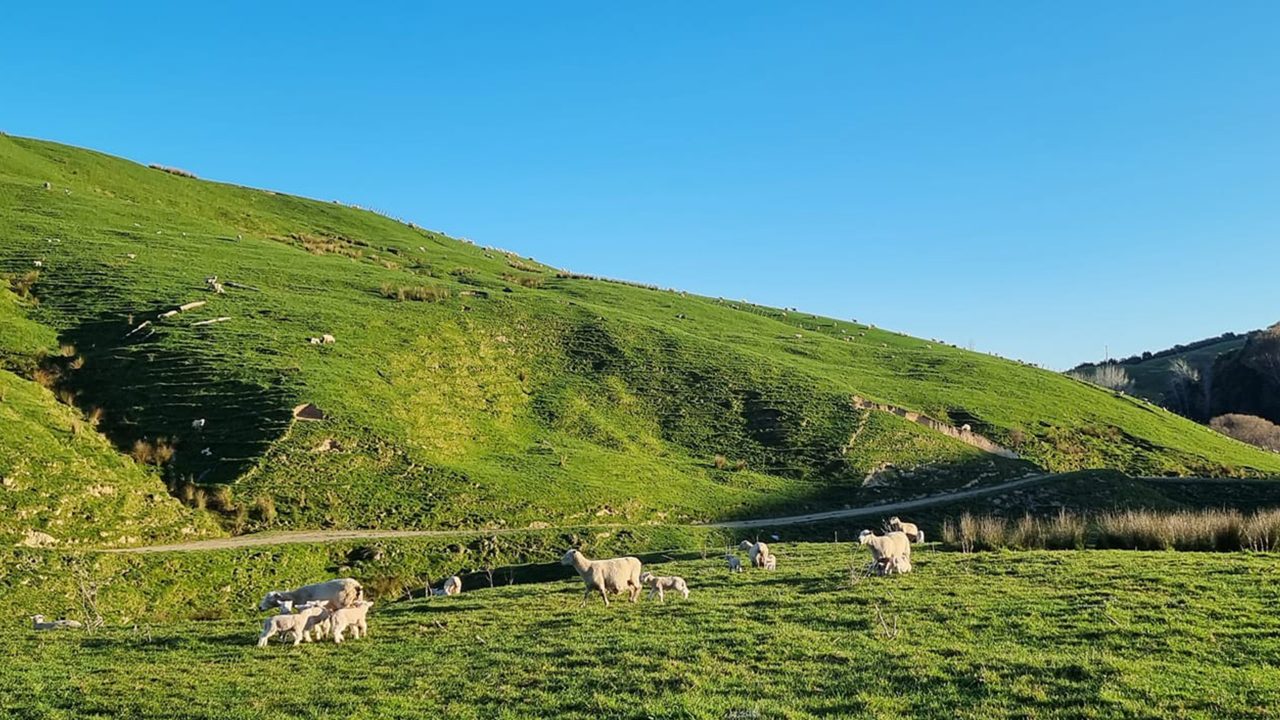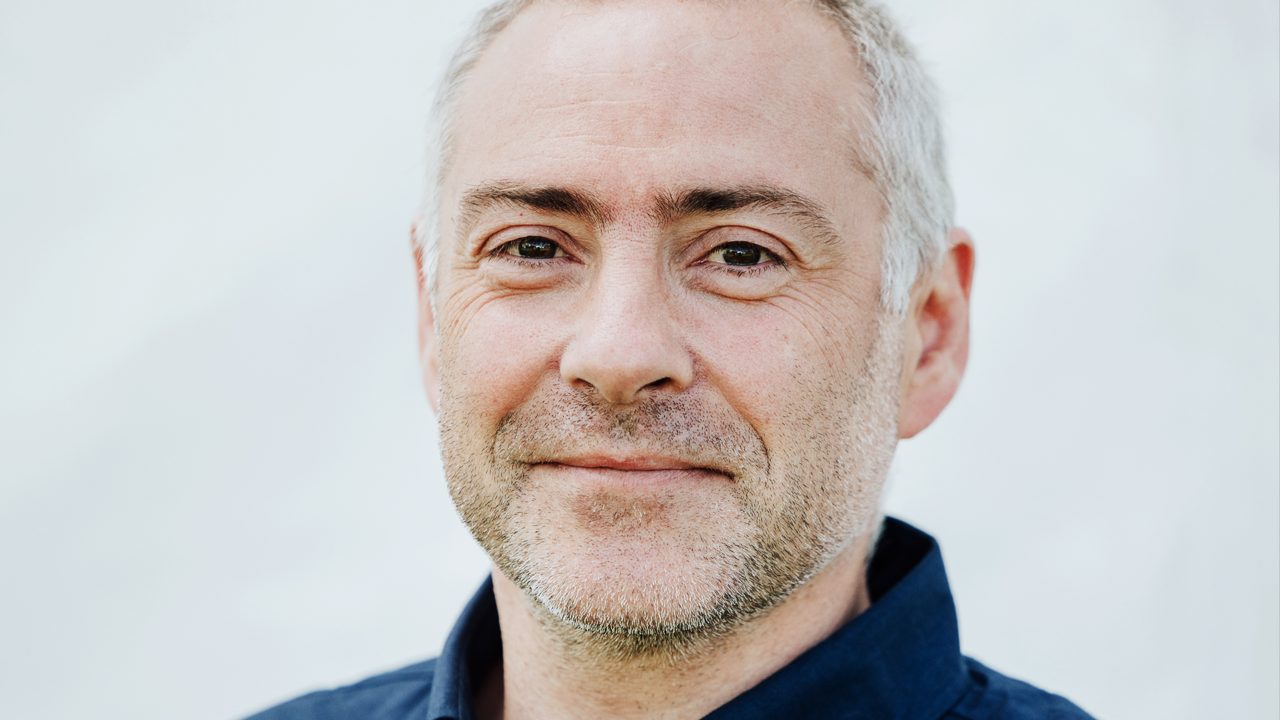Derek Daniell is a sheep breeder, farming north of Masterton, but with ram breeding ventures in Central Otago, Australia, South America and the United Kingdom and is celebrating his 40th year of running Wairere Rams this year.
Alongside the work he has done for Wairere, the breeder has also dedicated a significant effort to debunking common misconceptions surrounding methane and nitrous oxide, two gases produced significantly by livestock including his own sheep.
He told REX host Dominic George that their contribution to climate change is not as significant as it's often portrayed.
"The latest research done by Harper and Winschgarden from the US and Canada shows that methane and nitrous oxide are irrelevant as greenhouse gases and warming the planet."
Daniell argued that these gases are minute in the atmosphere and thus their impact on global warming is negligible, stressing the need for a shift in focus.
"What we're trying to achieve is to demonstrate that methane and nitrous oxide are irrelevant. They should not be taxed."
Daniell is a part of the Methane Science Accord, a group that opposes the taxation of methane and nitrous oxide and the bureaucracy around its measurement on each farm. He believes that this focus on these gases and their supposed detrimental effects has resulted in an unnecessary increase in bureaucracy.
"I googled how many more in the public sector between 2017 and 2022. Another 100,000 people. 100,000, really?" he revealed, highlighting the exponential growth in bureaucracy.
"This is totally unsustainable."
The sheep breeder's approach towards simplifying processes and reducing personnel mirrored those of Elon Musk and New Zealand's richest man.
Daniell shared his admiration for entrepreneurs such as Elon Musk, mimicking his approach towards simplifying processes on farm and within business.
"That's how he does it. He simplifies processes, takes out people. People are too expensive."
He expressed the need for more people to join the private enterprise field, as opposed to adding to the bureaucracy.
"We need lots of people out in the private enterprise field, actually generating business and making money, instead of just causing regulations and compliance on those few of us are still left standing."
As the conversation around environmental impact continues to evolve, the importance of understanding these complexities is becoming increasingly apparent.
Daniell's stance may not align with mainstream beliefs, but it certainly provokes thought on how we view the relationship between farming and the environment.
Listen to the full chat between Derek Daniell and Dominic George above.
To check out more episodes listen to the REX Today Podcast anytime on your favourite streaming platforms including Spotify, Apple Music and Rova or tune in to REX Mornings live on Magic from 5 am to 6 am every weekday.
Visit the Rural Exchange Facebook or Instagram page for more information and regular updates from the REX team.










